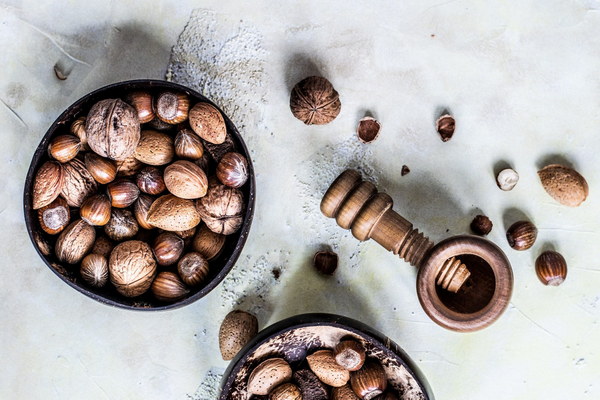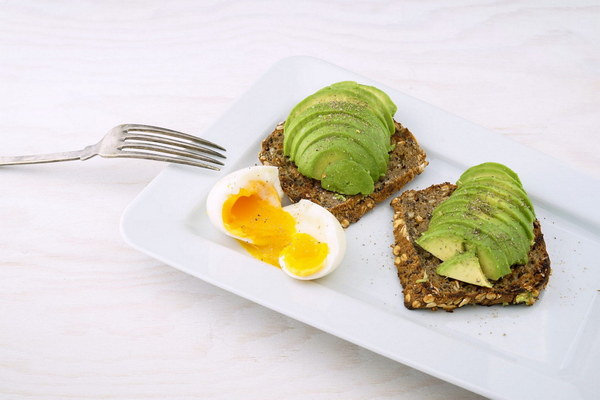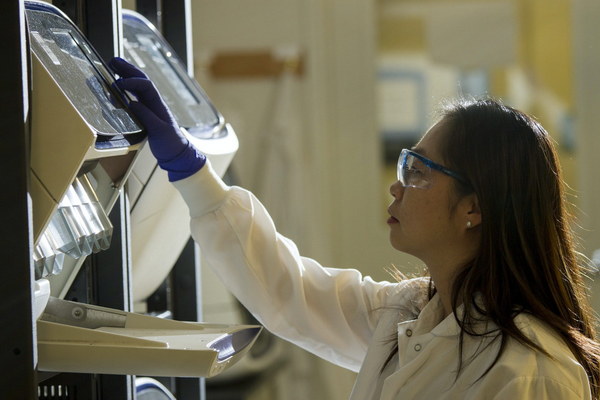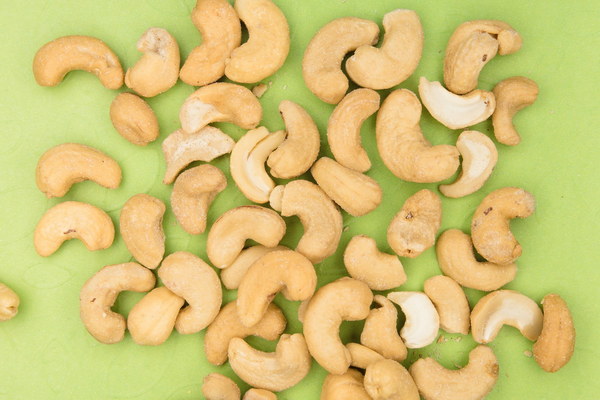Optimal Care and Lifestyle Adjustments for High Creatinine Levels A Comprehensive Guide
Living with high creatinine levels can be a challenging experience, as it often indicates kidney dysfunction or damage. Creatinine is a waste product that the kidneys filter out of the blood. When levels are elevated, it's a sign that the kidneys aren't functioning as they should. To maintain health and well-being, it's essential to adopt a proactive approach to managing high creatinine levels. Below are some effective strategies for caring for your body when dealing with this condition.
1. Dietary Adjustments
A well-balanced diet plays a crucial role in managing high creatinine levels. The following dietary tips can help:
- Reduce Protein Intake: High protein consumption can increase creatinine levels. Aim for moderate protein intake and choose lean proteins such as fish, chicken, and tofu.
- Limit Salt: Excess salt can lead to fluid retention, which exacerbates kidney stress. Keep your salt intake below 2,300 milligrams per day.
- Increase Fiber: High-fiber foods, like fruits, vegetables, and whole grains, can help lower creatinine levels by reducing the workload on the kidneys.
- Stay Hydrated: Drink plenty of water to help flush out waste products and maintain kidney function. Aim for at least 8 to 10 glasses a day, depending on your activity level and climate.
2. Exercise Regularly
Regular physical activity can improve overall kidney health. Exercise helps control blood pressure, which is vital for kidney function. Aim for at least 150 minutes of moderate-intensity aerobic exercise per week, such as brisk walking, swimming, or cycling.

3. Monitor Your Medications
Some medications can affect kidney function. Always consult with your healthcare provider before starting or changing any medication, especially those that may be harmful to the kidneys. This includes certain over-the-counter drugs, such as nonsteroidal anti-inflammatory drugs (NSAIDs) and certain pain relievers.
4. Avoid Harmful Substances
Toxic substances can further damage your kidneys. It's essential to avoid or limit the following:
- Alcohol: Excessive alcohol consumption can lead to kidney damage and increase creatinine levels.
- Smoking: Smoking has been linked to kidney disease and can worsen the condition of those with high creatinine levels.
- Toxic Substances: Exposure to heavy metals and other toxic substances can cause kidney damage.
5. Manage Chronic Conditions
Chronic conditions such as diabetes, high blood pressure, and high cholesterol can contribute to kidney damage. It's important to manage these conditions effectively:
- Diabetes: Work with your healthcare provider to keep your blood sugar levels within a healthy range.
- High Blood Pressure: Follow a low-sodium diet, take prescribed medications, and exercise regularly to control blood pressure.
- High Cholesterol: Follow a heart-healthy diet and consider medication to manage cholesterol levels.
6. Regular Check-ups and Testing
Regular monitoring of your kidney function is crucial. Your healthcare provider may recommend regular blood tests to monitor your creatinine levels and other kidney function markers. Additionally, they may recommend periodic urine tests and imaging studies to assess your kidney health.
In conclusion, managing high creatinine levels involves a combination of lifestyle changes and medical management. By following these strategies, you can help protect your kidneys and improve your overall health and well-being. Remember to work closely with your healthcare provider to create a personalized plan that suits your specific needs.









